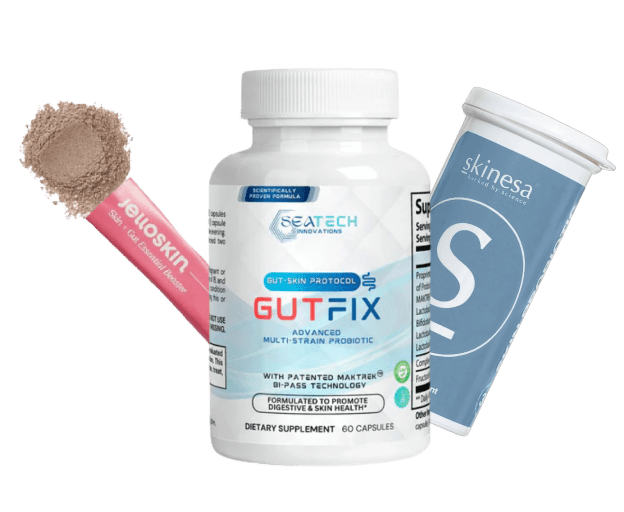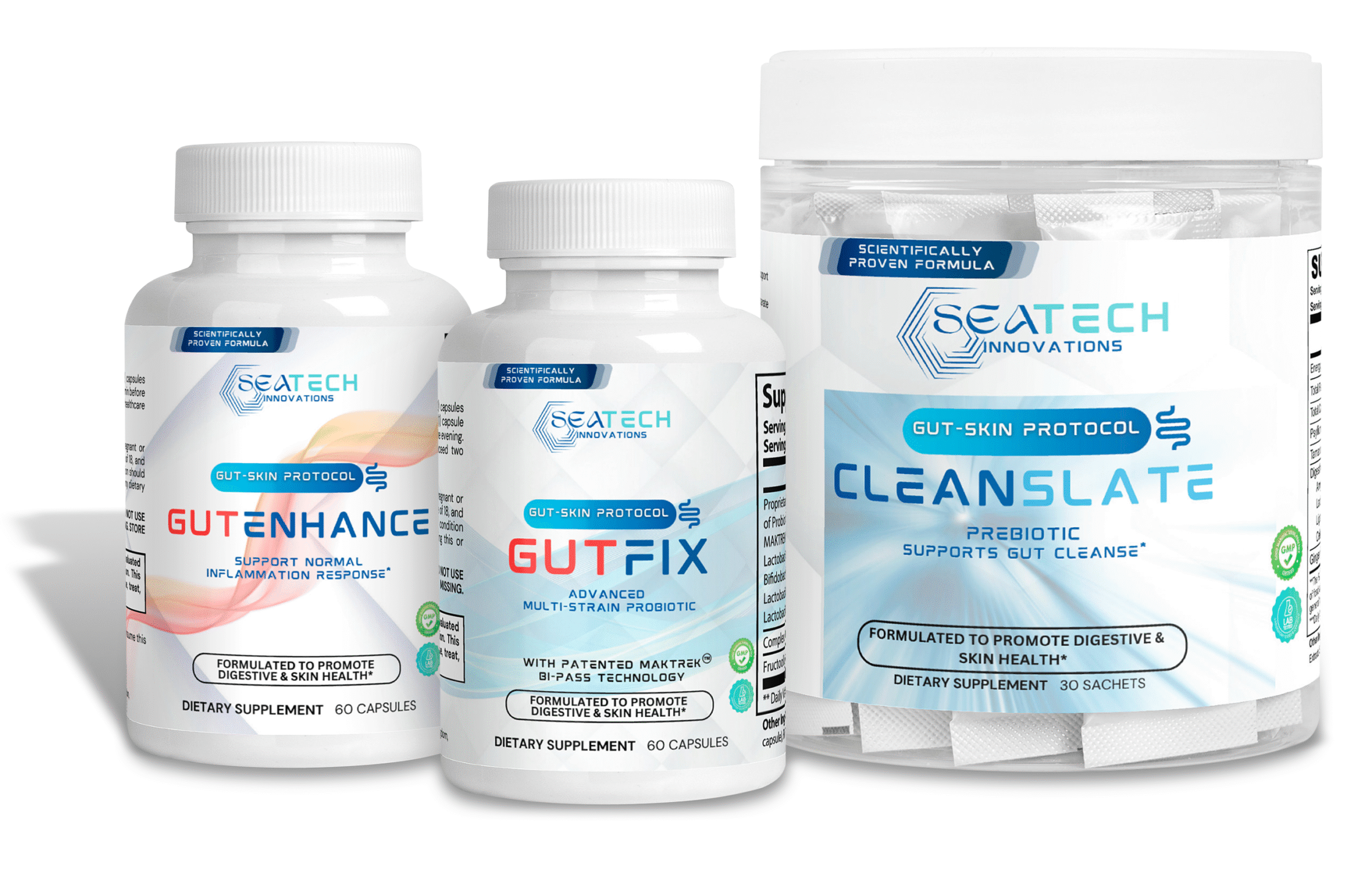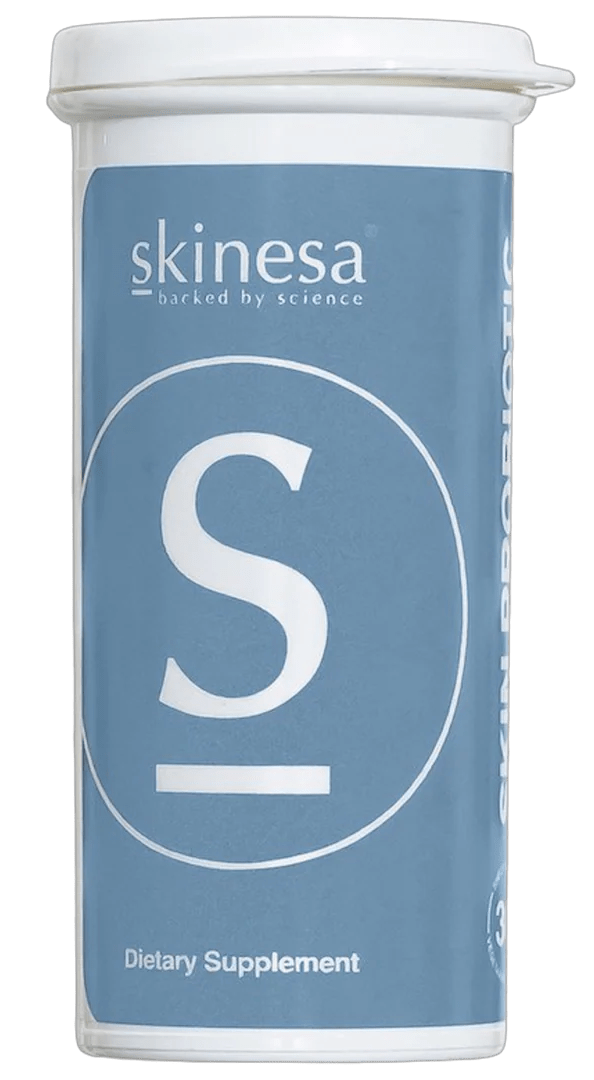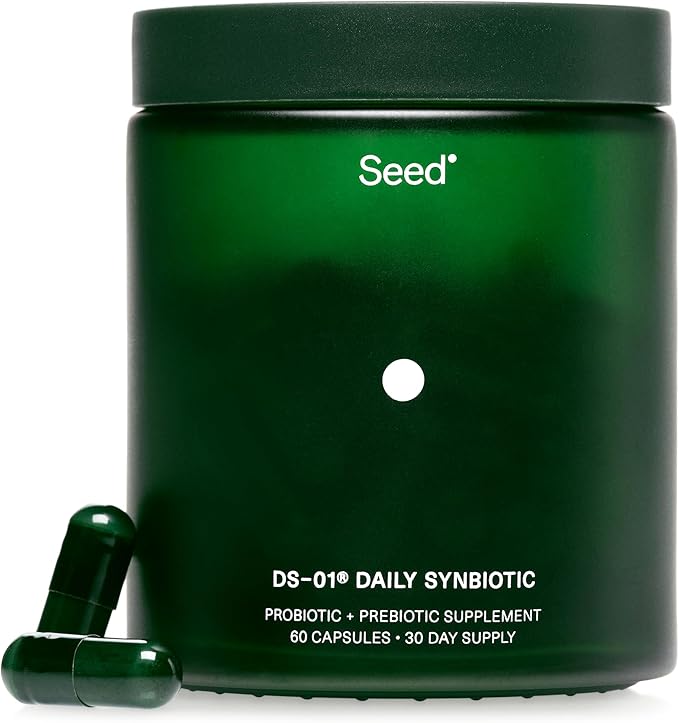We tested dozens of highly rated skincare probiotics to see which ones truly deliver on clear, hydrated, and healthy skin. These are the ones worth adding to your routine.
Best Probitoic Skincare
We tested dozens of highly rated skincare probiotics to see which ones truly deliver on clear, hydrated, and healthy skin. These are the ones worth adding to your routine.
Last updated date: February 25, 2026
We may collect commissions for purchases from our links.

Last updated date: February 25, 2026
We may collect commissions for purchases from our links.









